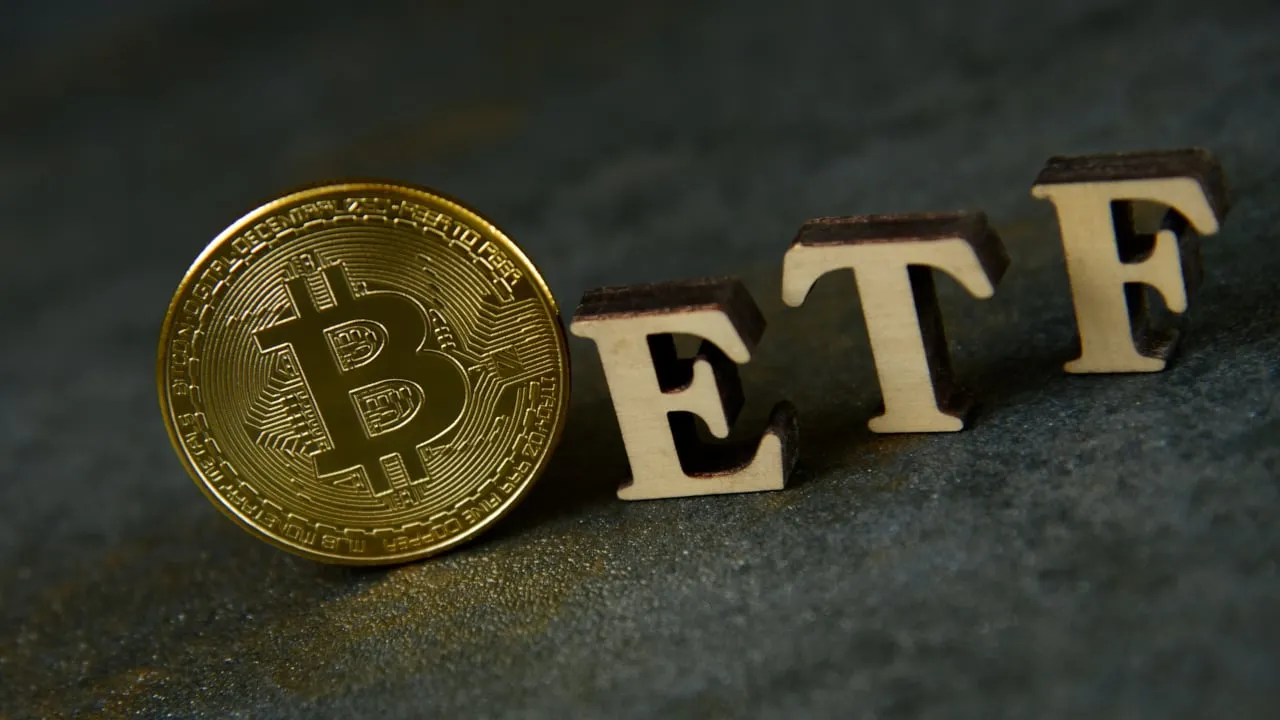Ark Invest 21shares's spot Bitcoin ETF, ARKB, saw its net daily outflows hit $87.5 million on April 2, overtaking those of Grayscale's GBTC for the first time.
Per estimated data from Farside Investments, GBTC's net outflows for the same period totalled $81.9 million. Cumulatively, Bitcoin ETFs saw net inflows of $40.3 million for the day, reversing the previous day's negative flows.
ARKB's net outflow saw it continue the negative trend seen on April 1—its first ever day of outflows.
Since the U.S. Securities and Exchange Commission (SEC) approved multiple spot Bitcoin ETFs in January this year, Grayscale has consistently seen investors draw cash out of its GBTC product.
Investors have shifted their funds out of the product due to the lower fees charged by BlackRock and other spot Bitcoin ETFs. Those products levy a charge of 20 to 30 basis points per year on investors, with some waiving their fees entirely for early buyers; Grayscale instead charges 1.5%.
Ark Invest's ARKB charges 0.21%—on the lower end of the scale, with only VanEck's HODL, Bitwise's BitB and Franklin Templeton's EZBC charging lower fees.
Last month, Grayscale filed for a "Spin-Off" product, the Grayscale Bitcoin Mini Trust, in what Bloomberg analyst Eric Balchunas described as a bid to "stop the exodus" of investors from GBTC.
Bitcoin ETFs and the halving
Bitcoin ETFs and their appetite for BTC have come under the spotlight in advance of the cryptocurrency's upcoming halving, which will see the block reward for miners slashed in half.
Some analysts have argued that Bitcoin ETFs' appetite for BTC, coupled with the halving in the supply of new Bitcoin coming onto the market, could result in a supply crunch that drives up Bitcoin's price.
Others have debunked the idea of an ETF-led "supercycle," arguing that previous historical catalysts have equalled or surpassed Bitcoin ETFs' absorption of large swathes of the BTC supply.

